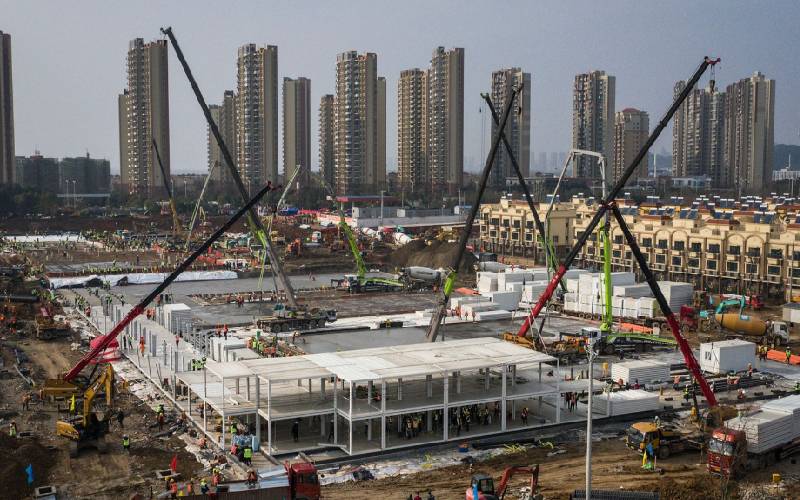×
The Standard e-Paper
Fearless, Trusted News

China is battling to contain the Novel coronavirus in a remarkable way not seen anywhere in the world, given the magnitude of the deadly outbreak that has killed more than 300 people.
In a country of over a billion people, and over 10,000 infected so far, the efforts in place to contain the epidemic cannot go unnoticed.